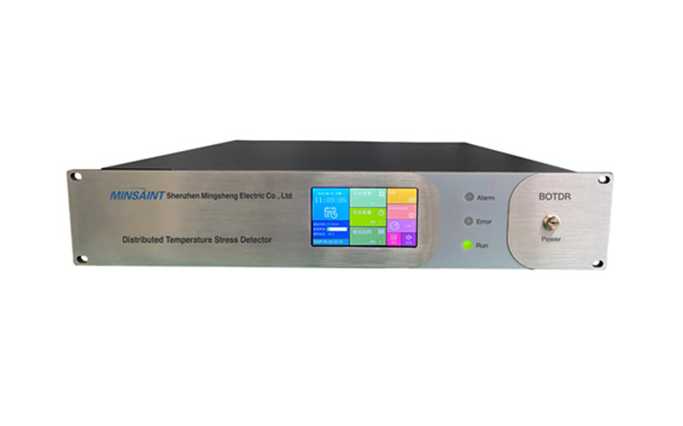Air travel has revolutionized the way we explore the world, connecting distant destinations and shrinking the globe. However, like any mode of transportation, it comes with its own set of advantages and disadvantages. In this article, we will delve into the pros and cons of air travel, providing you with a comprehensive understanding of its benefits and drawbacks.
Pros of Air Travel:
- Speed and Efficiency:
One of the most significant advantages of air travel is its unparalleled speed and efficiency. With airplanes capable of reaching speeds of over 500 miles per hour, air travel allows us to cover vast distances in a fraction of the time compared to other modes of transportation. This is particularly advantageous for long-haul journeys, enabling us to save precious hours or even days. - Global Connectivity:
Air travel has transformed the world into a global village, connecting even the most remote corners of the planet. It provides access to destinations that would otherwise be inaccessible or time-consuming to reach. Whether it's exploring exotic cultures, conducting business internationally, or reuniting with loved ones, air travel offers unparalleled connectivity. - Convenience and Accessibility:
Airports are strategically located in major cities and towns worldwide, making air travel easily accessible for most individuals. Additionally, airlines operate on a vast network of routes, offering a wide range of departure and arrival times to suit various schedules. This convenience allows travelers to plan their trips more efficiently and maximize their time at their chosen destination. - Safety and Security:
Air travel has become increasingly safe over the years, thanks to advancements in technology, rigorous safety regulations, and well-trained airline staff. Airlines prioritize passenger safety, employing stringent security measures to ensure a secure journey. From thorough baggage screening to strict protocols, air travel provides a high level of safety and security for passengers.
Cons of Air Travel:
- Cost:
One of the primary drawbacks of air travel is its cost. Airline tickets can be expensive, especially for long-haul flights or during peak travel seasons. Additionally, there may be additional charges for baggage, in-flight services, and seat selection, further increasing the overall cost of the journey. For budget-conscious travelers, air travel may not always be the most affordable option. - Environmental Impact:
Air travel contributes significantly to greenhouse gas emissions, making it a major contributor to climate change. The burning of jet fuel releases carbon dioxide and other pollutants into the atmosphere, leading to air pollution and environmental degradation. As awareness of climate change grows, the environmental impact of air travel has become a significant concern for many travelers. - Airport Hassles:
While airports offer convenience, they can also be a source of frustration and stress. Long security lines, crowded terminals, and flight delays are common occurrences that can disrupt travel plans and cause inconvenience. Additionally, navigating through unfamiliar airports and dealing with customs and immigration procedures can be time-consuming and overwhelming for some travelers. - Health Risks:
Air travel exposes passengers to various health risks, such as deep vein thrombosis (DVT), jet lag, and respiratory infections. Sitting for extended periods in cramped spaces can increase the risk of blood clots, while crossing multiple time zones can disrupt sleep patterns and lead to fatigue. Furthermore, the recirculated air in aircraft cabins can contribute to the spread of respiratory illnesses.
Conclusion:
Air travel offers unparalleled speed, connectivity, and convenience, making it an indispensable mode of transportation for many. However, it is essential to consider the pros and cons before embarking on a journey. By weighing the advantages of speed, global connectivity, convenience, and safety against the drawbacks of cost, environmental impact, airport hassles, and health risks, travelers can make informed decisions and choose the most suitable mode of transportation for their needs.






